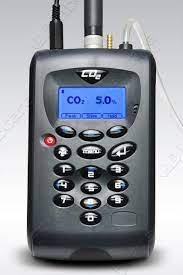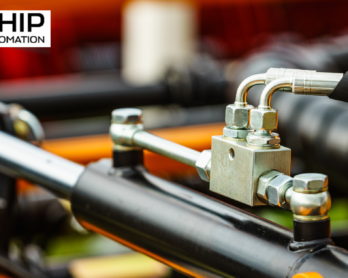In the world of scientific research, healthcare, and biotechnology, the term “incubator” conjures images of controlled environments where the mysteries of life are unraveled, and groundbreaking discoveries are made. Yet, behind the scenes, a quiet hero plays a crucial role in ensuring the success of these incubation processes—the CO2 analyzer for incubator. In this article tailored for the USA audience, we will explore the indispensable role of CO2 analyzers in enhancing incubator efficiency and the precision they bring to research and growth processes.
Subheading 1: The Incubator’s Vital Role in Research and Growth
- Controlled Environments: Incubators create meticulously controlled environments, maintaining precise temperature, humidity, and gas composition.
- Wide Applications: These devices find applications in cell culture, microbiology, IVF (In Vitro Fertilization), pharmaceutical research, and more.
- Research and Growth: The incubator’s ability to maintain the right conditions is pivotal for the success of experiments and the healthy growth of biological specimens.
Subheading 2: Understanding the Significance of CO2 Analyzers in Incubators
CO2 analyzers for incubators are more than just monitoring devices; they are guardians of optimal conditions:
1. Accurate Gas Monitoring
- Benefits: CO2 analyzers ensure precise monitoring of carbon dioxide levels, vital for cell culture and microbial growth.
2. pH Regulation
- Benefits: They play a key role in maintaining the pH balance in cell culture media, a critical factor for cell health and viability.
3. Data Validation
- Benefits: The data provided by CO2 analyzers validates the incubator’s performance, ensuring the success of experiments and research.
Subheading 3: Key Features and Capabilities of CO2 Analyzers for Incubators
Let’s dive into the key features that make CO2 analyzers essential in incubation environments:
1. Real-time Monitoring
- Benefits: CO2 analyzers offer real-time data, enabling immediate adjustments to maintain optimal conditions.
2. Accuracy and Precision
- Benefits: These analyzers provide high accuracy and precision, ensuring CO2 levels are maintained within narrow tolerances.
3. Wide Gas Measurement Range
- Benefits: They cover a broad range of CO2 concentrations, accommodating various applications and research needs.
4. Calibration Capabilities
- Benefits: CO2 analyzers can be calibrated regularly to maintain accurate measurements.
5. Data Logging and Storage
- Benefits: They store data for analysis, compliance reporting, and traceability.
Subheading 4: Applications of CO2 Analyzers in Incubators
CO2 analyzers are indispensable across various critical applications:
1. Cell Culture
- Benefits: They help maintain the ideal CO2 levels necessary for cell proliferation, differentiation, and the study of cellular responses.
2. Microbiology
- Benefits: Ensure optimal conditions for the growth of microorganisms, including bacteria, fungi, and yeast.
3. IVF (In Vitro Fertilization)
- Benefits: Support embryo culture and the success of fertility treatments by creating a stable and controlled environment.
4. Pharmaceutical Research
- Benefits: Assist in drug development, stability testing, and quality control by maintaining consistent conditions for chemical reactions.
Subheading 5: Best Practices for Leveraging CO2 Analyzers in Incubators
Optimizing the use of CO2 analyzers is key for reliable results:
1. Regular Calibration
- Benefits: Regular calibration ensures that CO2 analyzers provide accurate measurements, preventing deviations.
2. Sensor Maintenance
- Benefits: Keeping the analyzer clean and well-maintained prevents sensor contamination and extends its lifespan.
3. Data Monitoring
- Benefits: Regularly reviewing data logs helps detect and address deviations in CO2 levels.
4. Sensor Replacement
- Benefits: Replace sensors as recommended by the manufacturer to maintain accuracy.
Subheading 6: Ensuring Precision in Incubator Operations
CO2 analyzers are reliable tools but require proper care:
1. Quality Control
- Benefits: Implement stringent quality control measures to ensure the accuracy of CO2 analyzers.
2. Training
- Benefits: Ensure personnel are trained to use CO2 analyzers correctly and interpret the data accurately.
Subheading 7: Conclusion: Elevating Precision and Efficiency
In conclusion, CO2 analyzers for incubators are not mere instruments; they are the unsung heroes that elevate precision and efficiency in scientific endeavors, healthcare applications, and biotechnology research across the USA.














